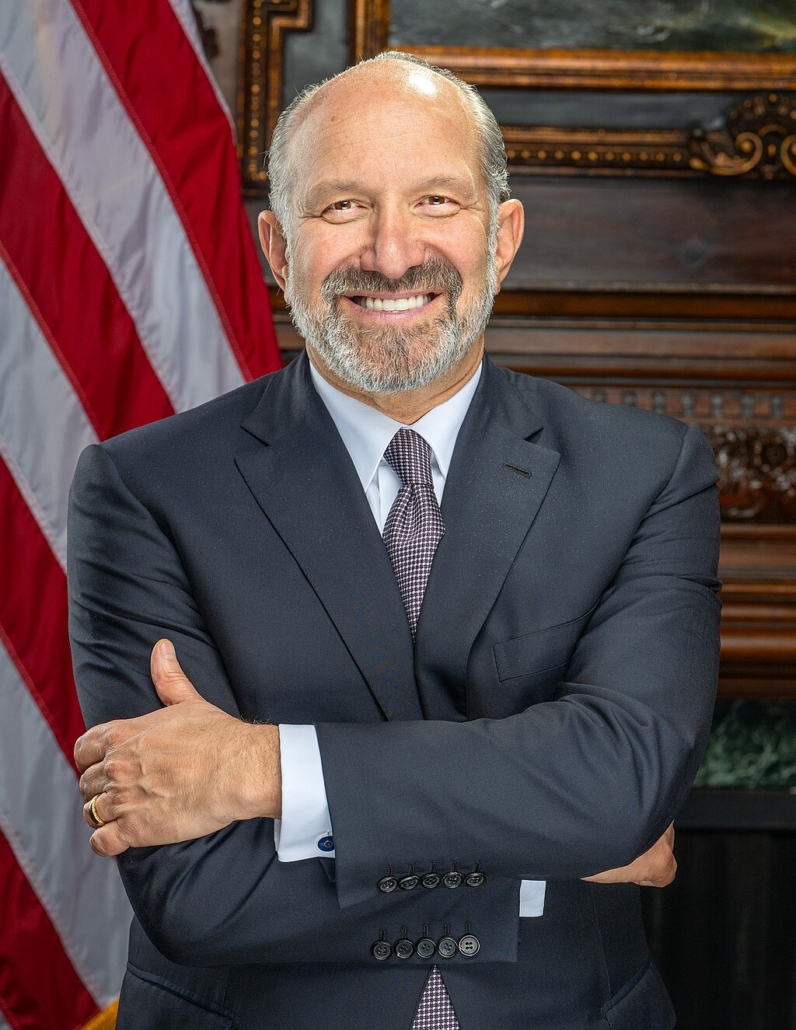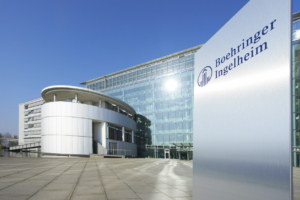
Pharma Tariffs: US Government backtracks
After the surprising announcement of a 100% tariff on all prescription drugs imported into the United States, the US government appears to be backtracking. Within a few days, its trade policy stance towards the pharmaceutical industry has shifted fundamentally.
First, the announcement of a 100% tariff on all presciption medicines imported into the United States. Then, the retraction: pharma executives currently need nerves of steel, as the US government appears to have lost all sense of direction regarding its priorities.
Following President Donald Trump’s statement on 26 September that he would impose a 100% tariff on patented medicines produced by companies that have not built or otherwise invested in manufacturing facilities in the United States, STAT News now reports that US Commerce Secretary Howard Lutnick has indicated the government intends to let the tariffs expire. Instead, the administration plans to focus on negotiating medicine price reductions under the so-called Most Favoured Nation (MFN) framework.
Earlier this week, pharmaceutical giant Pfizer Inc. had agreed to cut the prices of its medicines in the United States by 80% and to invest US$70m. However, the MFN mechanism requires congressional approval, and even before Pfizer’s commitment, there were considerable doubts as to whether the measure would withstand judicial review. The same applies to the tariff regulation itself, whose legality the Federal Court is scheduled to decide on in a public hearing on 5 November. To date, the US government has collected more than US$136bn in tariff revenue. With its commitment, Pfizer Inc. has effectively secured a three-year exemption from these tariffs.
According to STAT News, the US administration now expects voluntary concessions from the 17 CEOs of major pharmaceutical companies whom Trump had written to during the summer. Following the announcement of drastic medicine price cuts in the United States, Roche CEO Thomas Schinecker stated that the company would no longer be able to afford the previously pledged investment of US$23bn in US production infrastructure.
The result of Pfizer’s concession was a stock market rally not seen since the coronavirus crisis. The market clearly welcomed the disappearance of uncertainty over the potential global disruptions to the pharmaceutical supply chain that had been triggered by the announcement of the drug tariffs. While analysts speculated that Pfizer had only yielded to avert a worse outcome, US political insiders view the government’s pivot as a domestically motivated, election-driven manoeuvre ahead of the midterm elections, in which US administrations over the past decades have routinely been punished for their governance: while the drug tariffs would have made medicines more expensive in the US, the agreement with Pfizer carries an important message for the 26.2% of Americans covered by Medicaid and the uninsured: from 2026, both groups will have access to medicines at up to 80% lower cost via Medicaid – a classic election sweetener. Moreover, if Trump secures a congressional majority in the midterms, he could delay the Federal Court hearing scheduled for 5 November on the legality of his comprehensive tariffs, thereby advancing his political agenda more effectively.
For Europe and Germany, the current turmoil in the United States could present opportunities. “Tariffs, price regulations and other trade policy restrictions are continuously analysed and carefully assessed at IDT Biologika to identify and mitigate potential negative impacts on supply chains, cost structures and project decisions at an early stage,” explained Federico Pollano, Chief Commercial Officer (CCO) at IDT Biologika. “In this context, we are currently seeing a noticeable increase in project enquiries – not only in the field of new development projects but also increasingly in relation to transfers from other regions of the world. The uncertainty surrounding international trade agreements is prompting many companies to seek stable and reliable partners in Europe,” Pollano added.
However, China is also benefiting from the current shift. With research and development wage levels around 40–60% lower than in the United States and a rapid pace in clinical trials, the country remains attractive, especially for smaller biotech firms with limited resources. In September, The New York Times reported that a leaked internal government paper revealed plans by the US administration to refuse recognition of clinical trials conducted in China and to impose a cooperation ban on US companies. Should the plan – which a government spokesperson has since denied – be implemented, prominent US biotech figure Jeremy Levin warned that the country’s roughly 3,000 innovative biotech companies would be the main victims. “They would not survive,” Levin said.


 adobe stock photos - Michael Derrer Fuchs
adobe stock photos - Michael Derrer Fuchs  Boehringer Ingelheim
Boehringer Ingelheim Roche
Roche